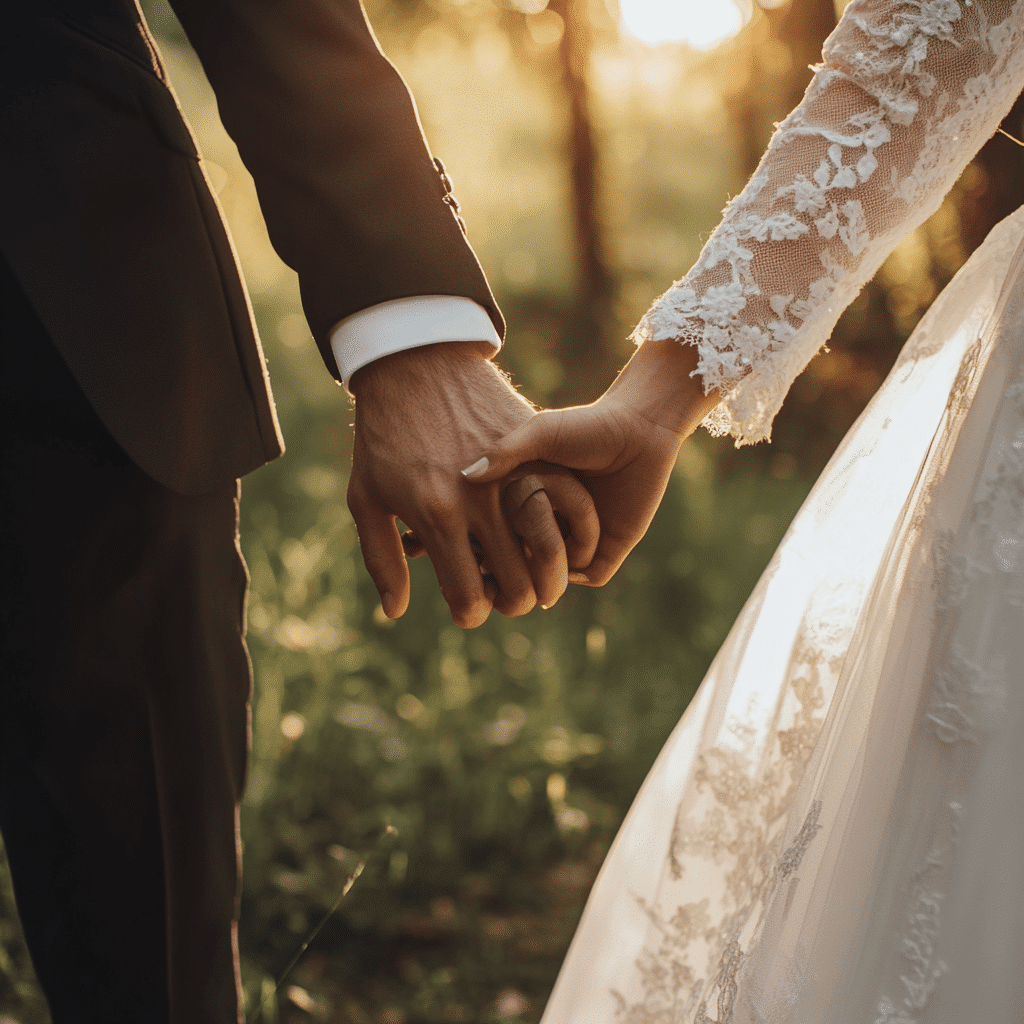Planning your wedding is an exciting time, filled with anticipation and joy. Amidst the venue selections, dress fittings, and floral arrangements, one essential task often gets overlooked—the marriage license. Getting your marriage license is a crucial step in the wedding planning process, and it’s important to understand what it involves to ensure your big day runs smoothly. In this ultimate guide, we’ll walk you through everything you need to know about obtaining your marriage license and help you stay on track with your wedding plans.
Why Do You Need a Marriage License?
A marriage license is a legal document issued by the government that authorizes you to marry. It ensures that your marriage is recognized by the law. Without it, your wedding ceremony, no matter how grand, would not be legally binding. Think of it as a ticket to official matrimony!
Step 1: Understand the Requirements
Every state (or country, if you’re planning a destination wedding) has different requirements for obtaining a marriage license. Be sure to check the specific regulations in your jurisdiction well ahead of time. Some common requirements include:
- Age: Most states require both individuals to be at least 18 years old, though some allow younger couples with parental consent.
- Residency: Some regions may offer residency waivers, while others may require you to marry within their jurisdiction.
- Identification: You’ll likely need to present government-issued ID, such as a driver’s license or passport.
- Fees: Marriage license fees vary, so be prepared to pay this fee when you apply.
Make sure to research your local marriage license office for precise details.
Step 2: Gather the Necessary Documents
Once you understand the requirements, gather all the documents needed for your application. While it varies by location, common documents include:
- Proof of identity (Driver’s License, Passport)
- Social security number (if applicable)
- Divorce decree or death certificate (if previously married)
Check with your local office for the full list of acceptable documentation.
Step 3: Visit Your Local Marriage License Office
With the right documents in hand, head to the marriage license office. In some areas, you may be able to apply online, but most require you to appear in person. Make sure to:
- Apply together: In many places, both individuals must be present to apply.
- Be prepared to answer questions: You may be asked about your marital status, whether you’re related to each other, and other personal details.
Don’t forget to double-check the office’s operating hours, as many government offices have limited hours or may require an appointment.
Step 4: Wait for the License to be Issued
Once you’ve submitted your application and paid any necessary fees, the marriage license will typically be issued within a few hours or a few days, depending on the location. Make sure to ask about how long the license is valid, as this can range from a few weeks to several months. You’ll need to get married within the time frame specified on your license, or it will expire.
Step 5: The Wedding Day – What to Know About Signing the License
On your wedding day, the ceremony will need to be officiated by someone legally authorized to perform weddings (such as a religious figure, judge, or even a friend who’s been ordained). After the ceremony, you and your spouse, along with your officiant and witnesses, will need to sign the marriage license. This is a critical step, so ensure that everyone involved is prepared and aware of their role.
Step 6: File Your Marriage License
After the ceremony, your officiant will file your marriage license with the appropriate government office. Once it’s processed, you can request certified copies of your marriage certificate, which you’ll need for changing your name, updating your marital status with various agencies, and more.
Tips for Smooth Marriage License Processing
To ensure everything goes smoothly during this part of your wedding planning, keep these tips in mind:
- Start early: Many couples wait until the last minute, but processing times can vary. Aim to apply for your marriage license a few weeks before your wedding day to avoid stress.
- Double-check the details: Ensure that all the information on the marriage license is correct before the ceremony, including names, dates, and locations.
- Know your local laws: If you’re planning a destination wedding, research the specific marriage requirements in the area, as rules can differ significantly from your hometown.
Conclusion: Securing Your Marriage License for a Seamless Wedding Day
Obtaining your marriage license is an essential step in the wedding planning process that should not be overlooked. By understanding the requirements and taking the time to gather the necessary documents, you can ensure that this legal part of your journey is smooth and hassle-free. Once your license is obtained, you’ll be one step closer to your happily ever after!
As you move forward with your wedding preparations, remember that the marriage license is just one of many important details. Stay organized, follow these steps, and focus on the big picture—creating memories with your partner that will last a lifetime.
Happy wedding planning!


